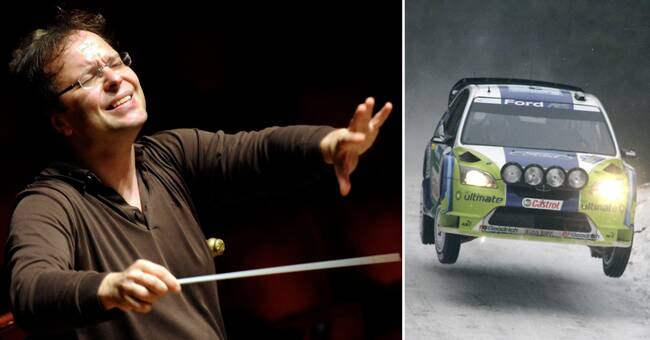The Finnish national composer Jean Sibelius performs all seven symphonies in the Concert Hall in a digital live broadcast.
On Saturday, it's time for the concluding symphonies no. 6 and 7.
- The symphonies correspond to the seasons.
The first symphony for me is spring, the second symphony is summer, the third is autumn, the fourth is winter.
The fifth is a new spring, the sixth is a summer, but not a good summer but one where it rains quite a lot and is cold and the seventh is then the autumn and also the autumn of life, says Sakari Oramo.
- They have a certain cyclical feeling.
You go through times and come back to the same point but everything has changed.
"Sweden felt more like Europe"
For Oramo, the concerts form a summing imprint when he now leaves as artistic director of the Royal Philharmonic Orchestra in Stockholm.
- Sweden is a natural starting point for Finnish conductors.
Sweden feels ... at least when I first came, it felt much more Europe here.
- There is another kind of tradition in Finland that is based on the struggle for independence and Sibelius' significance for it and art's way of creating political identity.
In Sweden, it is probably just the opposite.
"A bit like in a rally"
He is a new professor of orchestral conducting at the Sibelius Academy in Helsinki and one of a long line of Finnish star conductors who put our neighboring country on the map.
He explains the Finnish conductor's wonder with a somewhat unexpected comparison.
- It's a bit the same as in rally.
Having an uninterrupted chain ... ”aha, he comes from Finland and is actually a pretty simple person but he can still create a successful career on the world stage in music.
So it has nothing to do with the Finnish acquaintance?
- It is an explanation that is often used, that we like to be alone.
Conducting is a lonely profession.
You work with a score practically all the time and the moments when you meet an orchestra are really just the tip of the iceberg.

